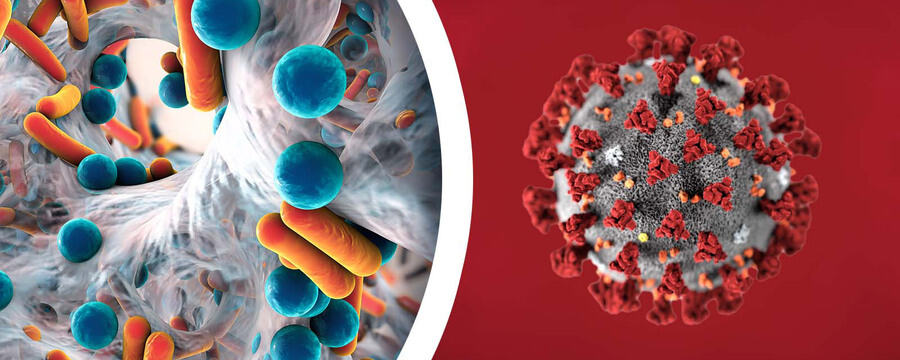Home
/ Healthcare & Medicine / Antimicrobial & Antibiotic Resistance / Diagnostics for AMR: Building Back Better from the COVID-19 Pandemic / Views from different countries on how to leverage lessons learnt from COVID-19 pandemic for AMR
This article is from the free online
Diagnostics for AMR: Building Back Better from the COVID-19 Pandemic


Reach your personal and professional goals
Unlock access to hundreds of expert online courses and degrees from top universities and educators to gain accredited qualifications and professional CV-building certificates.
Join over 18 million learners to launch, switch or build upon your career, all at your own pace, across a wide range of topic areas.




